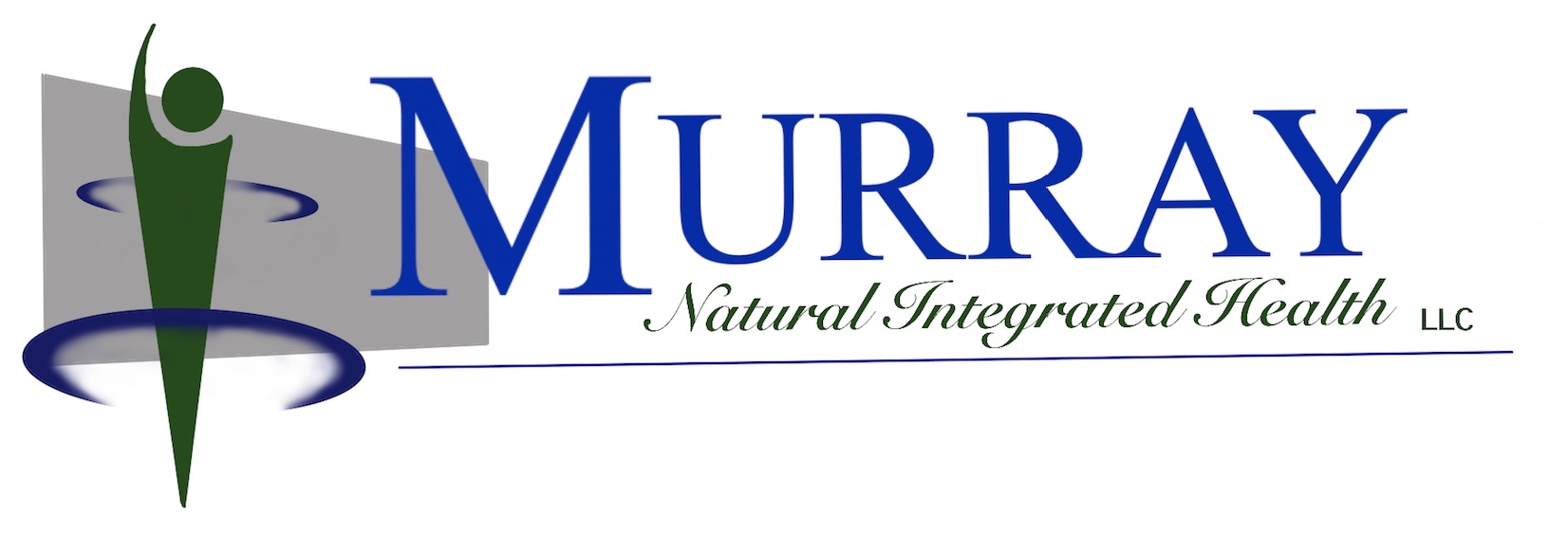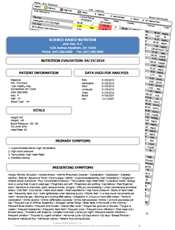High blood pressure is generally regarded as the greatest risk factor for heart attack or stroke and is known as the silent killer due to the fact that it can go undiagnosed until it results in death.
Blood pressure is a measure of the force produced each time the heart beats. This pressure is what keeps your blood flowing to all parts of your body. When blood pressure becomes elevated abnormally, it is called hypertension.
Hypertension is a blood pressure that is consistently above 140/90. It is closely associated with an increased risk of developing heart disease, stroke, impaired circulation, and kidney disease. Normal blood pressure is considered 120/80 or slightly lower.
Over 80% of individuals with high blood pressure are considered to have moderate or below moderate hypertension. According to the American Journal of Cardiology, drug treatment is not recommended in these individuals, as there is “little evidence these patients will achieve enough benefit to justify the costs and adverse effects of anti-hypertensive drug treatment.”
What should one do to address the cause of this problem? Should one just wait until symptoms are worse? Of course not. Comprehensive blood and toxic element testing can indicate problems associated with the cause of the high blood pressure from things as simple as anemia, infection to inflammation and heavy metal toxicity. With the results of the testing, a program can be developed to improve the health of the body, which will fix the cause of the high blood pressure. This will likely include lifestyle modification, including weight control, exercise, avoidance of tobacco, increased consumption of fruits and vegetables, and the use of nutritional supplementation.


